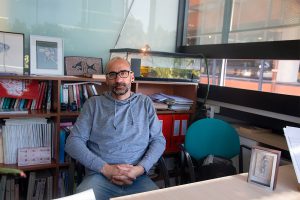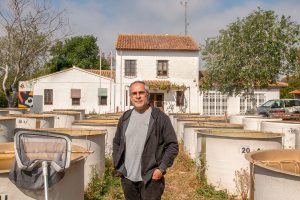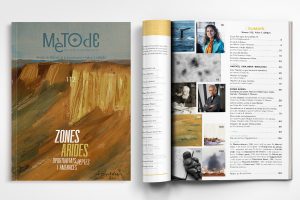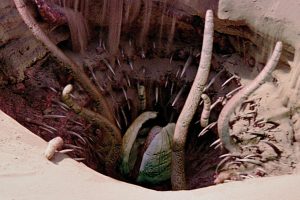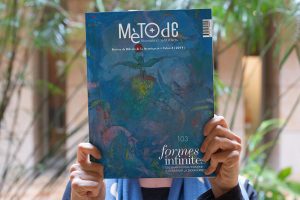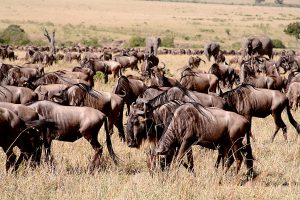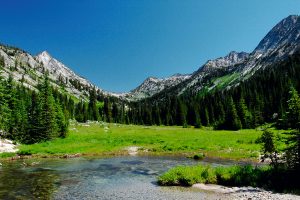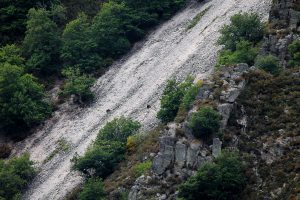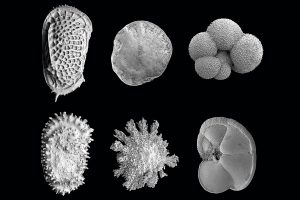Search
In this new Science Space, we visit the Cavanilles Institute of Biodiversity and Evolutionary Biology, where Pau Carazo studies the evolution of behaviour and sexual selection.
Francesc Mesquita works at the Cavanilles Institute of Biodiversity and Evolutionary Biology, where he carries out research on aquatic invertebrates as indicators of water quality and evolutionary aspects.
Loeske Kruuk's studies have promoted the analysis of quantitative genetics in natural populations and its use to test the foundations of evolutionary theory.
Desertification, overexploitation, or soil degradation are some of the topics addressed in this new monograph on the current state of the world's drylands.
We can find many physics and biology errors in Star Wars, but let's take a look at ecology.
The fourth volume of 2019 explores the crossroads between current biodiversity and evolution on Earth.
More and more, ecologists are starting to recognise that preserving the maximum number of species is insufficient.
In the 1980s, three sub-disciplines of ecology emerged – restoration ecology, conservation biology, and invasion biology – and all three embraced the nativism paradigm.
Between the mid-1980s and the present day, conservation biology split into two almost independent fields: management ecology and conservation ecology. We have witnessed the recovery of large endangered species and a decrease in small and common species.
Biodiversity has been changing both in space and time. But, luckily, we have remains of ancient organisms, called fossils. These are basically the only direct records of past biodiversity.
- 1
- 2

